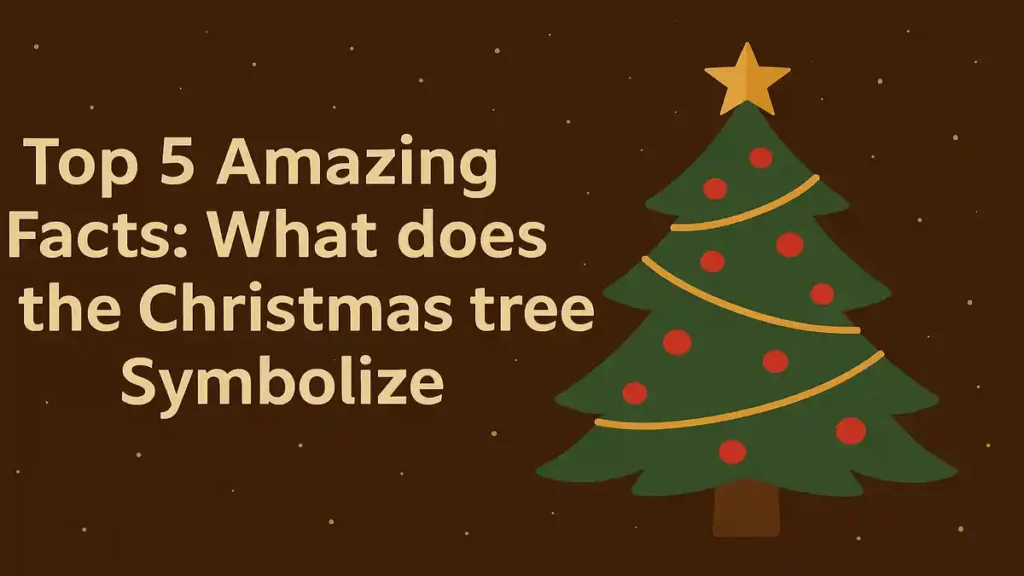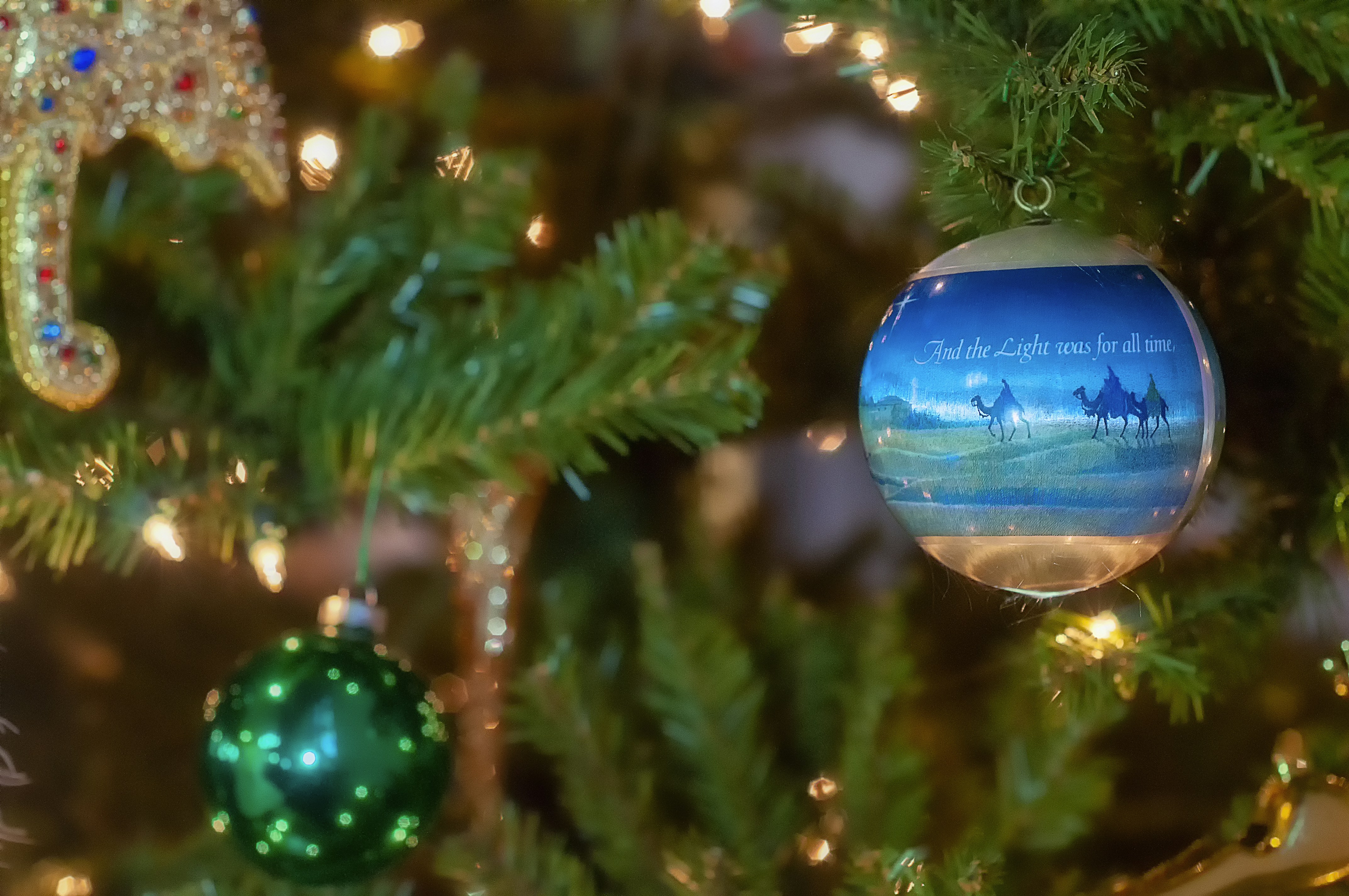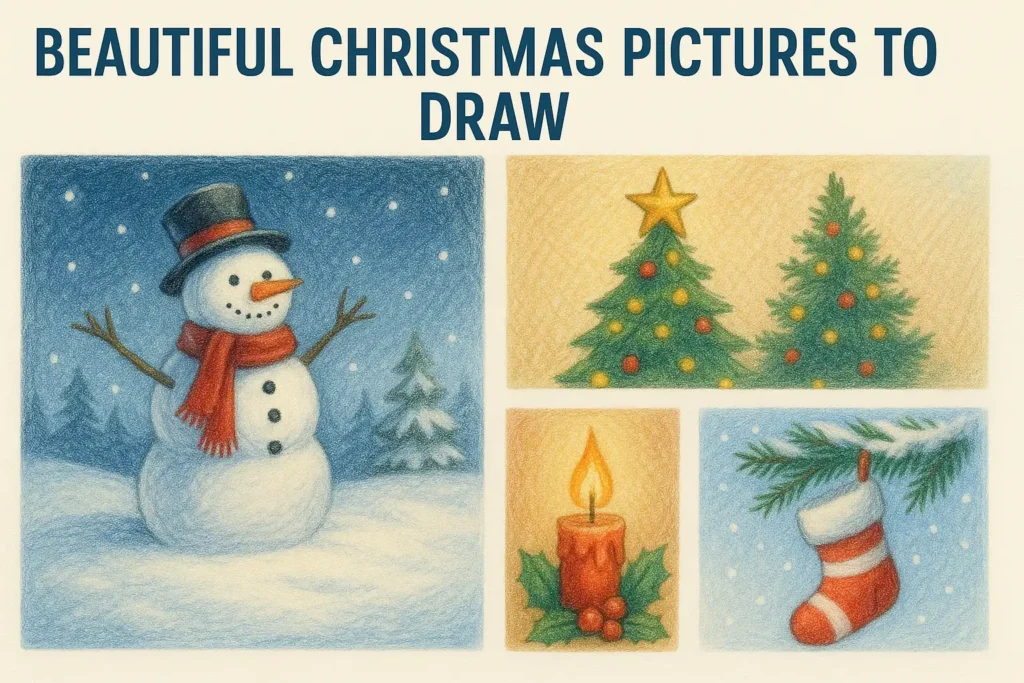What does the Christmas tree symbolize: It symbolizes eternal life, hope, joy, and togetherness, rooted in ancient evergreen traditions and Christian beliefs.
Table of Contents
Introduction to Christmas Tree Symbolism
The Christmas tree is more than just a festive decoration; it holds deep cultural and spiritual significance. When we discuss what does the Christmas tree symbolize, it’s essential to delve into its rich history and various interpretations across different cultures.
Top 5 Amazing Facts
1. Evergreen Life and Eternal Hope
The Christmas tree, usually an evergreen like fir or pine, symbolizes eternal life. Even in the darkest, coldest days of winter, the evergreen stays green — representing hope, resilience, and life everlasting. This is especially significant in Christian tradition, where the tree reflects the promise of eternal life through Jesus Christ.
2. Connection to Ancient Traditions
Long before Christianity, ancient civilizations like the Romans and Celts used evergreen boughs during winter festivals to ward off evil spirits and celebrate life. The Christmas tree carries this legacy forward, blending pre-Christian traditions with modern spiritual meaning.
3. Tree as a Symbol of the Paradise Tree
In medieval times, December 24th was celebrated as Adam and Eve Day in many parts of Europe. A tree representing the Tree of Knowledge from the Garden of Eden was decorated with apples. Over time, this “Paradise Tree” evolved into the modern Christmas tree, symbolizing redemption, knowledge, and the hope of salvation.
4. The Triangular Shape and the Holy Trinity
The triangular shape of a traditional Christmas tree is often seen as symbolic of the Holy Trinity — the Father, the Son, and the Holy Spirit. The upward-pointing form also represents reaching toward heaven and spiritual enlightenment.
5. The Lights Represent Christ as the Light of the World
Originally lit with candles, the lights on a Christmas tree symbolize Jesus Christ as the Light of the World. Each glowing bulb is a reminder of the guiding light that brings people out of darkness and into the joy of the holiday season.
Historical Roots of the Christmas Tree
Historically, the Christmas tree’s origins can be traced back to ancient pagan traditions, where evergreen trees were utilized to represent life amidst winter’s harshness. Over time, this symbol evolved, embracing Christian meanings related to eternal life and resurrection. Thus, many associate the tree with hope and renewal during the Christmas season.

Modern Interpretations of the Christmas Tree
Today, what does the Christmas tree symbolize has expanded further. For many families, it embodies togetherness and celebration. The tradition of decorating the tree brings loved ones together, fostering connection and warmth. Additionally, the ornaments and lights represent joy and festivity, creating a vibrant image that enhances the holiday spirit.
Furthermore, as we explore the notion of what does the Christmas tree symbolize, it becomes clear that it is a universal emblem of hope. Regardless of background or beliefs, people around the world utilize this evergreen symbol to express love, unity, and the magic of the season.
FAQs
What does the Christmas tree symbolize in Christianity?
In Christianity, the Christmas tree primarily symbolizes eternal life and resurrection, reflecting hope and renewal.
Who started the Christmas tree tradition?
The tradition has roots in ancient pagan use of evergreens, but the modern Christmas tree originated in 16th-century Germany and spread globally.
Why is Christmas tree decorated?
Decorating the Christmas tree evolved from ancient practices and now represents joy, festivity, and the holiday spirit through lights and ornaments.
So, what does the Christmas tree symbolize? It’s not just a beautiful centerpiece for holiday celebrations — it carries rich spiritual and historical significance. From eternal life and ancient traditions to Christian theology, the Christmas tree stands as a powerful icon of hope, faith, and joy.
Want more Christmas insights?
Check out our other blogs at ChristmasWish365.com for festive stories, traditions, and meaningful celebrations.

